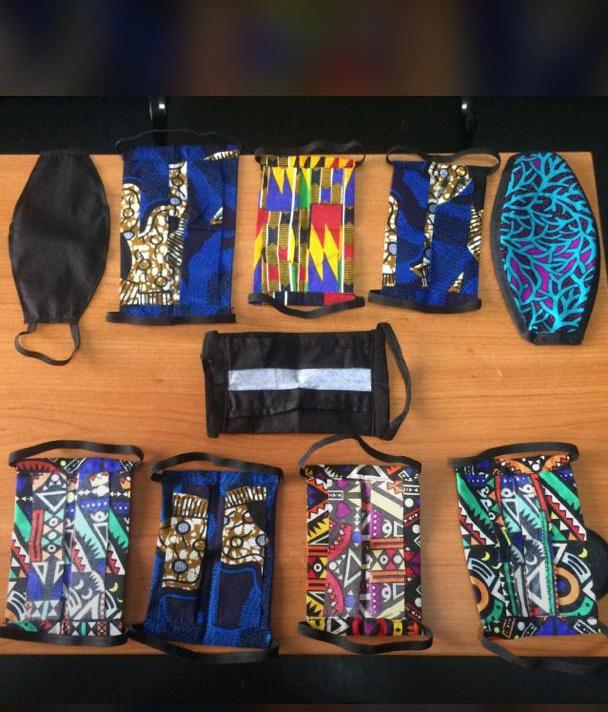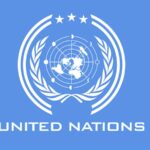Four United Nations agencies on Tuesday launched the Tech Access Partnership as part of a coordinated approach to strengthen response of developing countries to Covid-19 by increasing access to lifesaving health technologies.
TAP is meant to scale up local production to address critical shortages of essential health technologies and equipment by connecting manufacturers with critical expertise and emerging manufacturers in developing countries.
It comes as demand for personal protective equipment, medical devices and diagnostics increases exponentially amid the global pandemic.
Countries with limited resources are often unable to purchase or produce the tools they need to mount effective responses to COVID-19, the agencies said in a statement.
Lack of access to technical expertise, training and regulatory frameworks also limit local production of essential equipment in these regions, particularly for more complex products like ventilators.
“Now, more than ever, the global community needs to unite to save lives and secure sustainable futures. Inequalities are exacerbating the technology and digital divide when it comes to opportunities for youth, creating a divide that threatens to leave them behind,” says Amina Mohammed, Deputy Secretary-General of the UN.
“Increasing access to necessary technologies through partnerships, is a crucial component of the United Nations’ COVID-19 health, humanitarian and socio-economic response.”
The agencies are the United Nations Technology Bank, together with the UN Development Programme (UNDP), UN Conference on Trade and Development (UNCTAD) and the World Health Organization (WHO).
Connected for expertise
TAP will be used to share the information, technical expertise and resources necessary to scale up production.
The Partnership will also support countries to develop affordable technologies and equipment that meet quality and safety standards.
It involves a “digital warehouse” of manufacturing and design specifications, technical knowledge and information required to increase capacity.
The technical guidance will involve support to help manufacturers troubleshoot issues they may encounter as they seek to ramp up production, including information on market dynamics and regulatory hurdles.
Finally, the platform will match companies based on expertise, needs and capacity.
“TAP’s role in advancing more equitable access to critical health technologies is fundamental to help developing countries in responding to the immediate and devastating effects of COVID-19,” says Achim Steiner, UNDP Administrator.
“Moreover, the partnership’s efforts to increase access to critical knowledge, technical tools and guidance will boost the resilience of countries and societies to future shocks – while helping to drive their socio-economic recovery at the same time.”
Medical devices maker Medtronics has already announced it would make the specifications of its ventilator available to anyone interested in making them.
TAP will be led by the UN Technology Bank for Least Developed Countries, established in 2016 to assist governments with the development and adaptation of new technologies.
“Without access to lifesaving technologies, many developing countries are unprepared for the potentially devastating impact of COVID-19,” says Joshua Setipa, Managing Director, UN Technology Bank.
“By enabling developing countries to produce these technologies themselves, we can help set them on the path to recovery.”
The initiative is guided by the 2030 Agenda for Sustainable Development and the UN’s call for shared responsibility and solidarity during the COVID-19 crisis.
“COVID-19 has shown us that a disease outbreak anywhere is a threat everywhere. We must stand together to support all countries and ensure equitable access to lifesaving technologies,” says Dr. Tedros Adhanom Ghebreyesus, Director-General of the WHO.
“Scaling up access to medicines and health technologies in these countries is essential to slow new infections and avoid unnecessary deaths.”

 Join Daily Trust WhatsApp Community For Quick Access To News and Happenings Around You.
Join Daily Trust WhatsApp Community For Quick Access To News and Happenings Around You.


